2013 Ford Transit Connect Brake Rotors and Pads
Click here to search another vehicle
All Rotors:
OEM x
Coated x
Drilled, Slotted and Coated x
Front x
Rear x
All Pads:
Ceramic x
Semi-metallic x
Front x
Rear x
Found 6 record
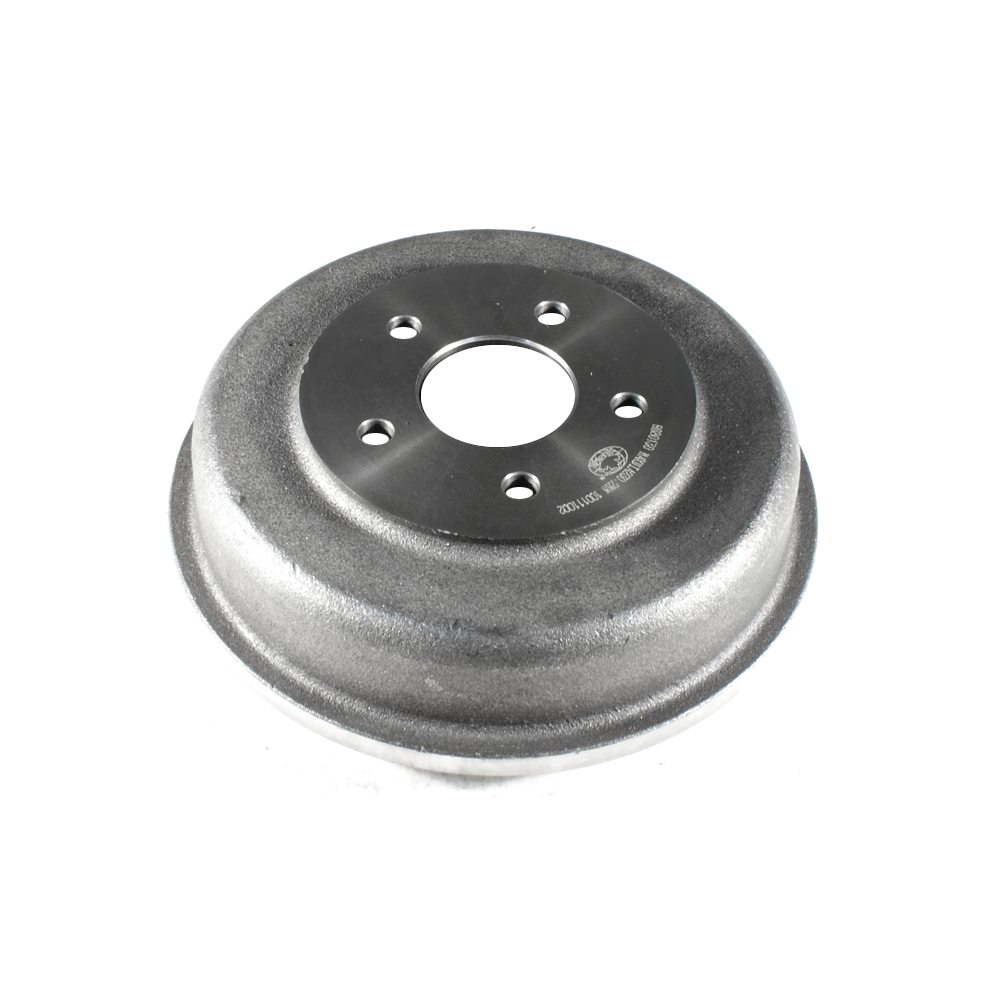
Part No: BD80130
Raybestos: 97804
OE:
Raybestos: 97804
OE:
$58.01 each
Per Car QTY: 2
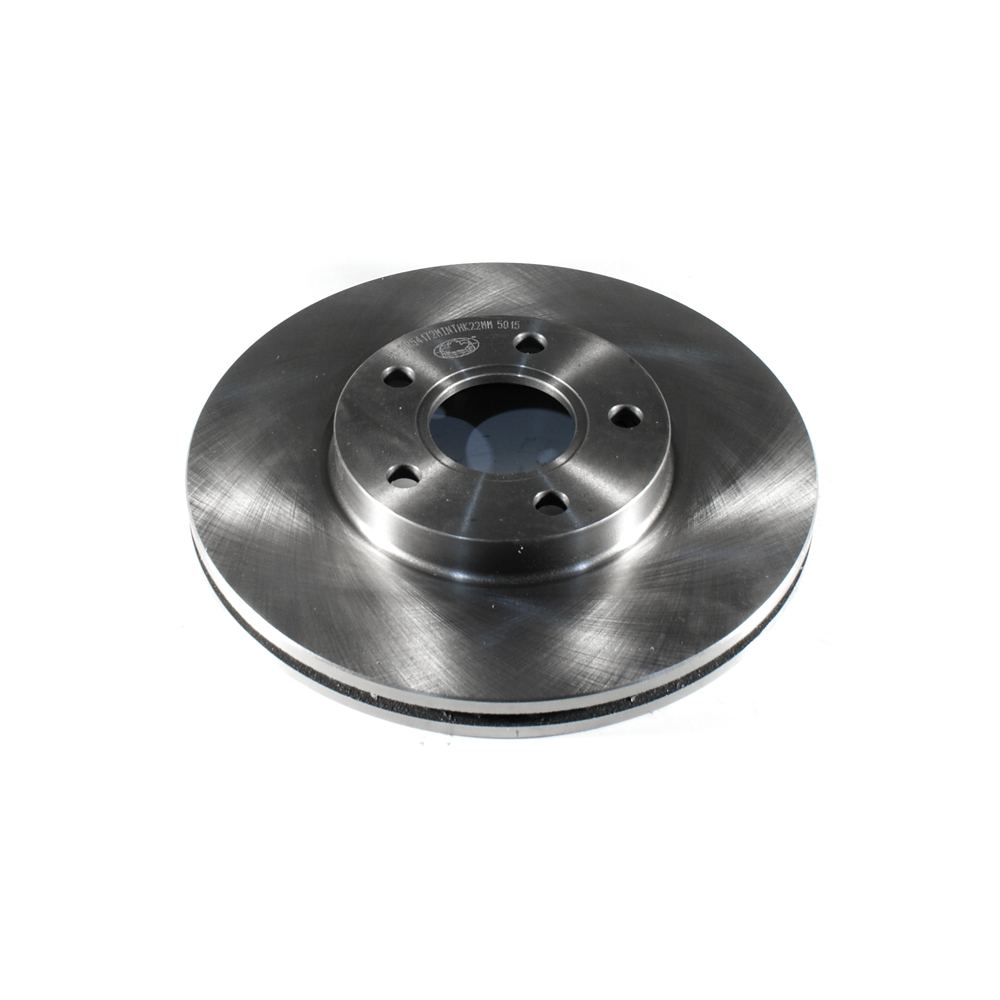
Part No: BR54172
Raybestos: 680765
OE:
Raybestos: 680765
OE:
$38.88 each
Per Car QTY: 2
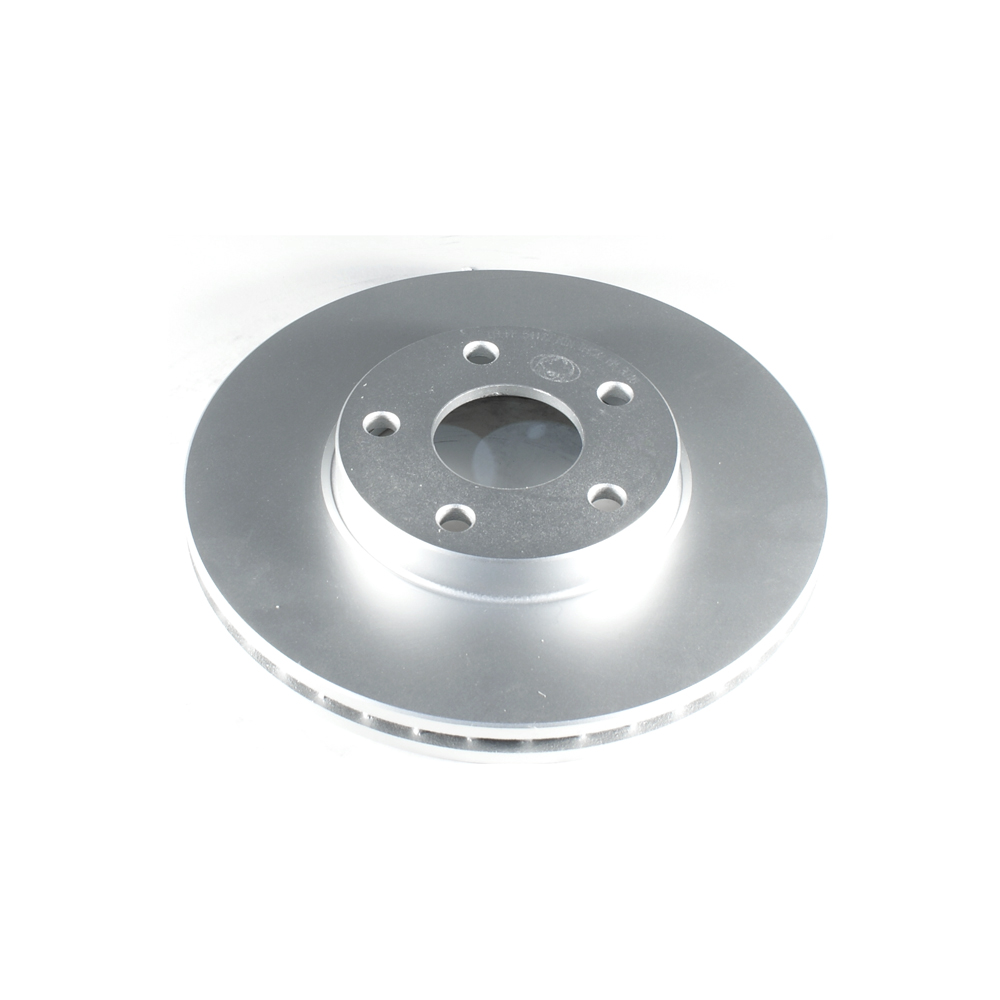
Part No: PP54172
Raybestos: 680765
OE:
Raybestos: 680765
OE:
$52.25 each
Per Car QTY: 2
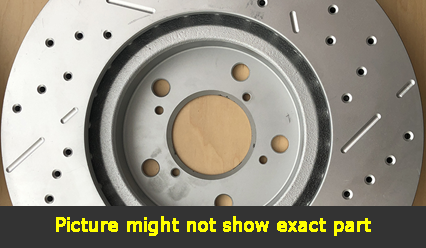
Part No: SP54172L
Raybestos: 680765
OE:
Raybestos: 680765
OE:
$84.65 each
Per Car QTY: 1
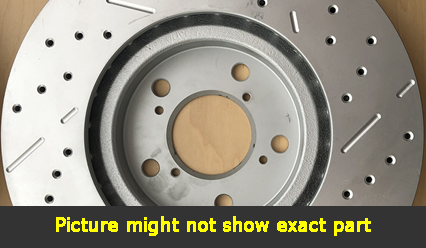
Part No: SP54172R
Raybestos: 680765
OE:
Raybestos: 680765
OE:
$84.65 each
Per Car QTY: 1
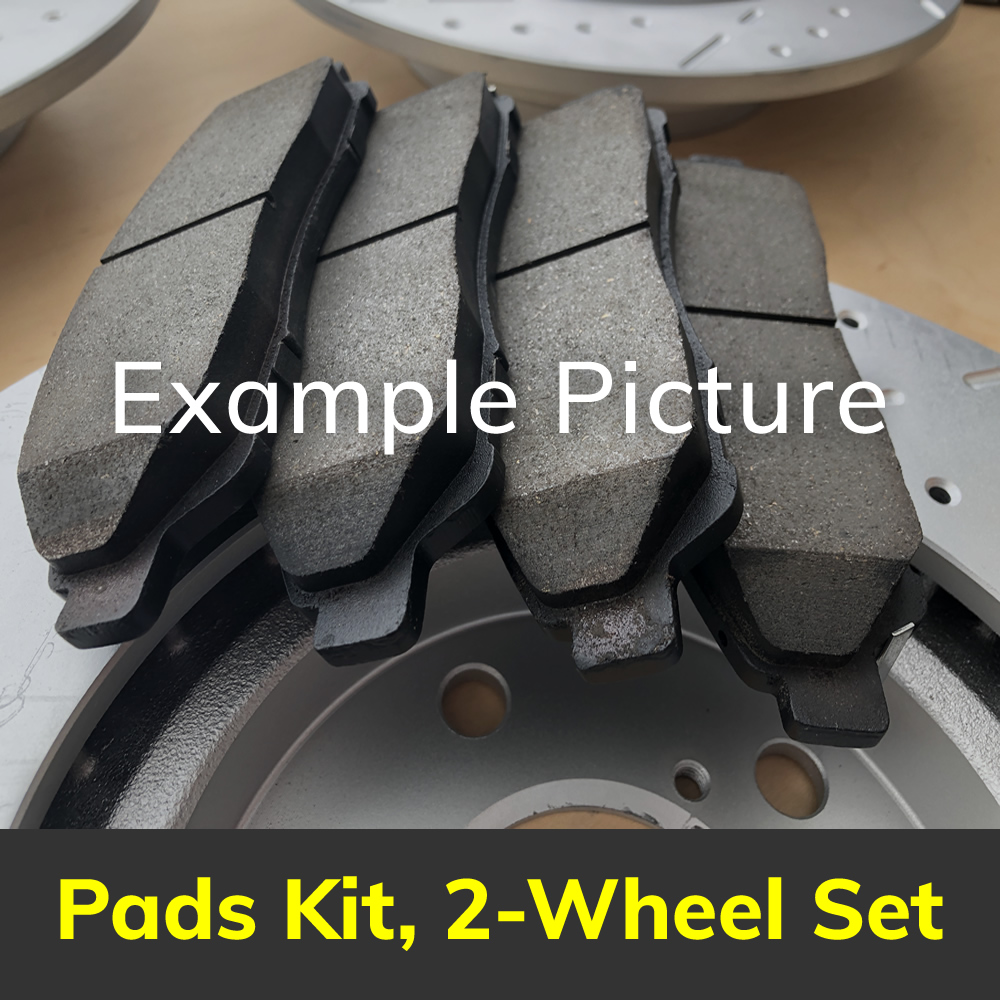
Part No: PD970C
Raybestos: 970
OE:
Raybestos: 970
OE:
$34.92 each
Per Car QTY: 1
When it comes to ensuring the safety and performance of your vehicle, the importance of choosing the right brakes cannot be overstated. Brakes are a crucial component of any vehicle, as they play a vital role in slowing down or bringing your car to a complete stop. If you own a 2013 Ford Transit Connect, here are some rules to keep in mind while selecting the appropriate brakes for your vehicle.
1. Consider your driving style: The first rule to follow while choosing brakes for your car is to consider your driving style and preferences. Are you someone who enjoys aggressive driving, or do you prefer a more relaxed approach? Knowing your driving habits will help determine the type of braking system that suits your needs. For spirited driving or towing heavy loads, high-performance brakes might be ideal. However, if you primarily drive in the city and encounter traffic frequently, standard brakes may be a more suitable option.
2. Research your options: With a wide range of brakes available in the market, it's important to research and understand the different types. The most common types of brakes for vehicles include disc brakes, drum brakes, and anti-lock braking systems (ABS). Each type has its benefits and drawbacks, so it's essential to know which option is most compatible with your Ford Transit Connect's specifications.
3. Check OEM specifications: Original Equipment Manufacturer (OEM) specifications serve as a guide for choosing the right brakes that are specifically designed for your vehicle's make and model. These specifications take into account things like weight distribution, horsepower, and intended usage. It's advisable to consult your vehicle's owner manual or contact the manufacturer directly to obtain the necessary information and ensure you select brakes that meet the Ford Transit Connect's exact requirements.
4. Quality and reliability: When it comes to brakes, never compromise on quality or reliability. Brakes are a critical safety feature, and subpar or low-quality brakes can compromise your safety on the road. Always opt for reputable and trusted brands that have a proven track record of providing durable and reliable braking systems. Reading reviews and seeking recommendations from experienced mechanics or fellow Ford Transit Connect owners can also help you make an informed decision.
5. Budget considerations: While safety should always be the top priority, it's also essential to consider your budget. Different brake options come at varying price points, and you should aim to strike a balance between quality and affordability. Keep in mind that while higher-end brakes might have a higher initial cost, they may deliver better performance and longevity, potentially saving you money in the long run by reducing the frequency of replacements.
6. Consider the climate you drive in: Climate plays a significant role in selecting the appropriate brakes for your vehicle. If you live in an area with extreme weather conditions, such as constant rain or snow, it's crucial to choose brakes that provide excellent stopping power even in wet or icy conditions. Opting for brake pads or rotors specifically designed for enhanced grip and performance in adverse weather can contribute to safer driving.
By following these rules, you can make an informed decision when it comes to selecting brakes for your 2013 Ford Transit Connect. Remember, brakes are an essential safety feature of any vehicle, so it's crucial to prioritize quality, reliability, and compatibility with your vehicle's specifications to ensure a smooth and safe driving experience.
1. Consider your driving style: The first rule to follow while choosing brakes for your car is to consider your driving style and preferences. Are you someone who enjoys aggressive driving, or do you prefer a more relaxed approach? Knowing your driving habits will help determine the type of braking system that suits your needs. For spirited driving or towing heavy loads, high-performance brakes might be ideal. However, if you primarily drive in the city and encounter traffic frequently, standard brakes may be a more suitable option.
2. Research your options: With a wide range of brakes available in the market, it's important to research and understand the different types. The most common types of brakes for vehicles include disc brakes, drum brakes, and anti-lock braking systems (ABS). Each type has its benefits and drawbacks, so it's essential to know which option is most compatible with your Ford Transit Connect's specifications.
3. Check OEM specifications: Original Equipment Manufacturer (OEM) specifications serve as a guide for choosing the right brakes that are specifically designed for your vehicle's make and model. These specifications take into account things like weight distribution, horsepower, and intended usage. It's advisable to consult your vehicle's owner manual or contact the manufacturer directly to obtain the necessary information and ensure you select brakes that meet the Ford Transit Connect's exact requirements.
4. Quality and reliability: When it comes to brakes, never compromise on quality or reliability. Brakes are a critical safety feature, and subpar or low-quality brakes can compromise your safety on the road. Always opt for reputable and trusted brands that have a proven track record of providing durable and reliable braking systems. Reading reviews and seeking recommendations from experienced mechanics or fellow Ford Transit Connect owners can also help you make an informed decision.
5. Budget considerations: While safety should always be the top priority, it's also essential to consider your budget. Different brake options come at varying price points, and you should aim to strike a balance between quality and affordability. Keep in mind that while higher-end brakes might have a higher initial cost, they may deliver better performance and longevity, potentially saving you money in the long run by reducing the frequency of replacements.
6. Consider the climate you drive in: Climate plays a significant role in selecting the appropriate brakes for your vehicle. If you live in an area with extreme weather conditions, such as constant rain or snow, it's crucial to choose brakes that provide excellent stopping power even in wet or icy conditions. Opting for brake pads or rotors specifically designed for enhanced grip and performance in adverse weather can contribute to safer driving.
By following these rules, you can make an informed decision when it comes to selecting brakes for your 2013 Ford Transit Connect. Remember, brakes are an essential safety feature of any vehicle, so it's crucial to prioritize quality, reliability, and compatibility with your vehicle's specifications to ensure a smooth and safe driving experience.


